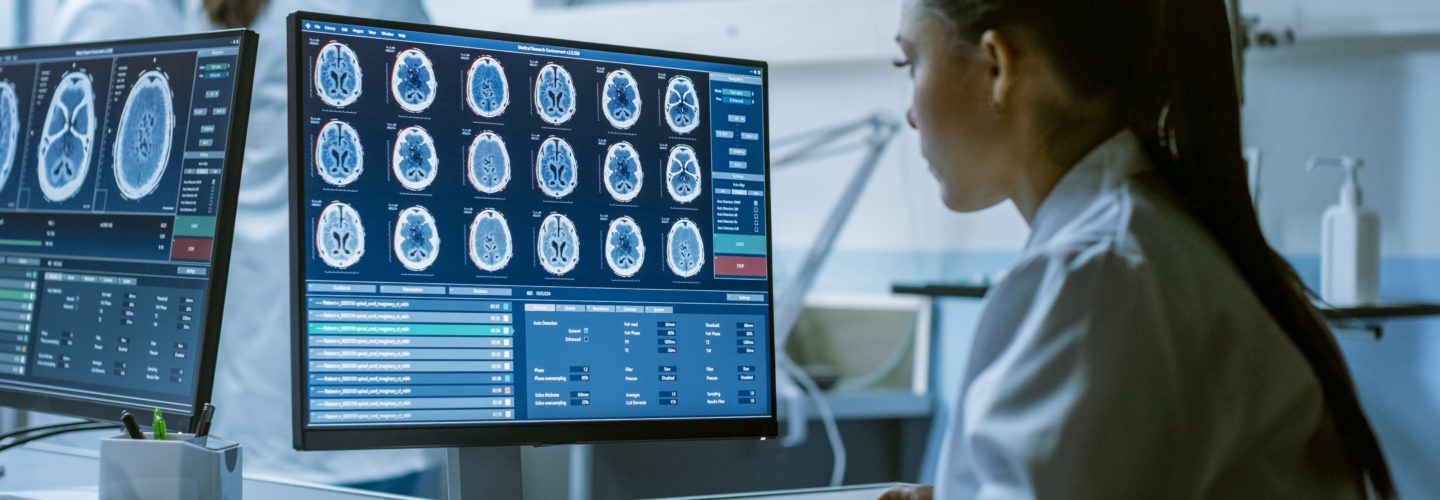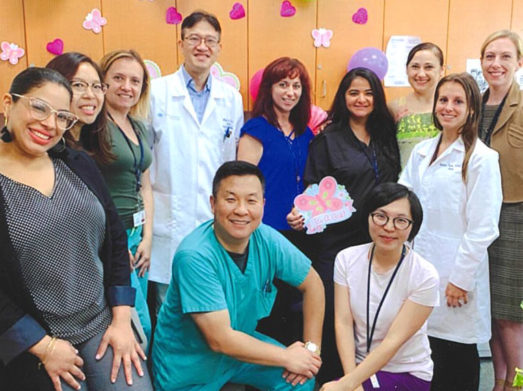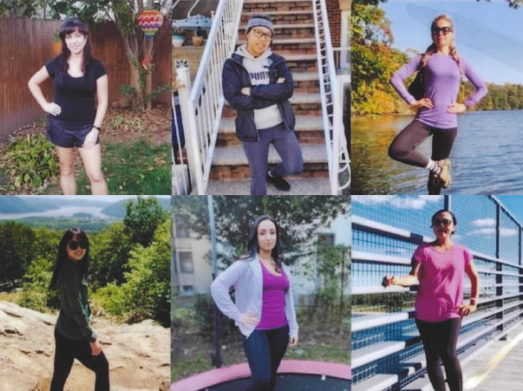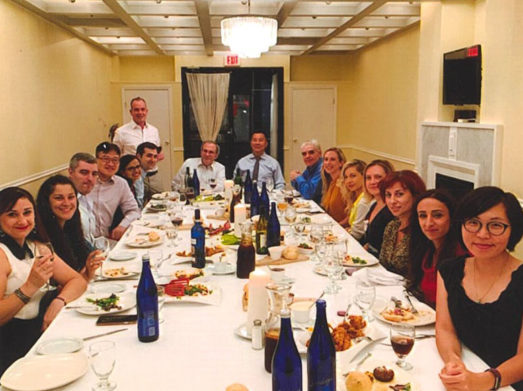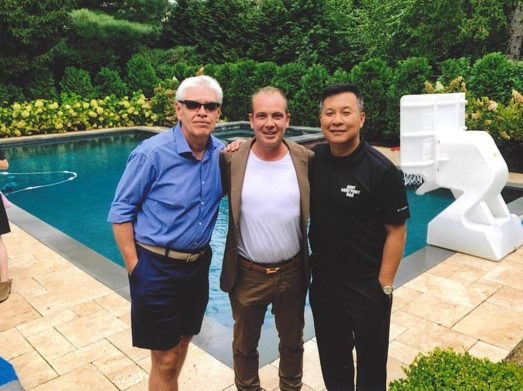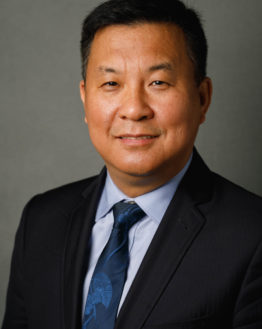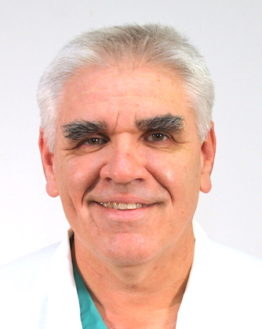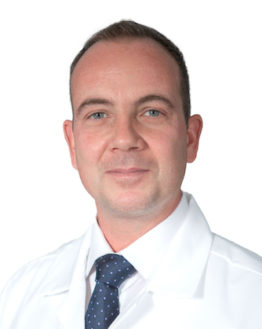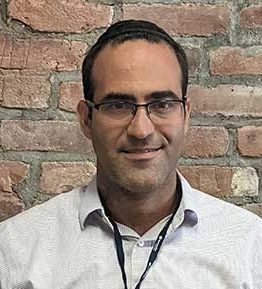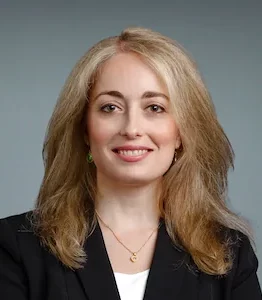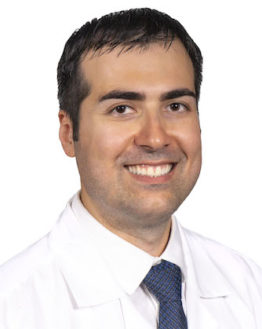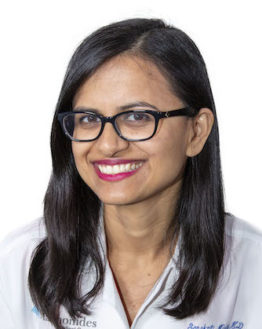Welcome to the NeuroEndovascular & NeuroInterventional Surgery (NES/NIR) Fellowship
Maimonides Medical Center (MMC) as part of the Maimonides Health System, currently in affiliation with SUNY Downstate Health Sciences University, is Brooklyn’s largest independent premier academic medical institution dedicated to the healthcare needs of our multicultural community for over a century, in one of the most diverse and vibrant cities of the world. We serve about half of the 2.6 million residents in the Borough of Brooklyn of New York City. With 25 fully accredited residency and fellowship programs, over 500 residents and fellows, 430 full-time faculty, 610 voluntary attending physicians, 6,400 employees and 700 inpatient beds with over 140,000 emergency room visits, Maimonides is one of the largest independent academic medical centers in the country.
As a part of the Maimonides/SUNY Downstate Neuroscience Institute and Jaffe Comprehensive Stroke Center, the MMC NES/NIR Fellowship Program is a newly established two-year (24 months) Non-ACGME/non-CAST clinical fellowship program leading to Board eligibility. This program is designed to provide top-notch comprehensive training to the fellows to become successful NeuroEndovascular Surgeons / NeuroInterventionlists who can provide minimally invasive neuroendovascular treatments to all complex neurovascular conditions, including acute ischemic, and hemorrhagic strokes, cerebral aneurysms and arteriovenous malformations/Fistulas (AVM/AVF), carotid artery and intracranial stenosis and spinal vascular diseases among others. The vigorous and comprehensive fellowship training curriculum, under the one-on-one hands-on guidance of the core program faculty with extensive and diverse but complementary primary backgrounds of Neurology, Neurosurgery and Neuroradiology, will ensure the graduating fellows’ competence, and confidence, as well as Board Certification eligibility after successful progression, meeting the training milestones for graduation.
We are committed to promoting patient safety through academic education for fellow’s excellence and well-being. At Maimonides, we serve a large and one of the most diverse communities in the country, which will enable our fellows to gain extensive experience in all common and rare/complex neurovascular pathologies. We strive to promote traits that are essential to fellows’ success, including honesty, integrity, objectivity, self-motivation, curiosity, confidence and leadership skills capable of becoming future leaders in neuroscience.
We are very proud of our clinical excellence and outcomes. Our Maimonides Jaffe Comprehensive Stroke Center, recently re-certified by The Joint Commission, is one of the largest single-center stroke programs in the Tristate (NY/NJ/CT) area with one of the lowest stroke mortalities in the nation. We accept referrals across the borough and beyond in addition to acute transfers from other local facilities, including SUNY Downstate University Hospital and Maimonides Midwood Community Hospital (MMCH) among others. The primary training site is at Maimonides Medical Center. Additional training sites will be added in the near future to expand trainee’s clinical exposures. Once completing their training in this kind of diverse population program as ours, the graduating fellows would be able to practice comfortably in any kind of clinical settings, i.e. academic centers or private groups/practices, urban/suburban or remote areas.
We deploy the latest cutting-edge neuroendovascular technologies in state-of-the art neuroangiographic suites including hybrid ORs, which are also integrated with the Maimonides Center for Clinical Simulation for in-vitro training and skills development using training models. Our team of neurointerventional radiology team, along with our clinical stroke and neurosurgery teams, our neurocritical care and neuroradiology teams collaborate closely to provide the most efficient and best quality multidisciplinary treatment to our patients and training to our fellows. Our vigorous training Curriculum provides solid foundation and building blocks for successful knowledge acquisition, clinical judgement and surgical techniques/skills development.
Fellowship Curriculum
Didactic and Education Activities
Evidence-Based Learning and Improvement:
- Grand Rounds Department of Neurology and Surgery/Neurosurgery includes presentations from both faculty and visiting professors.
- Morbidity and Mortality Conferences feature cases presented by the fellows.and attendings
- CSC Multidisciplinary Care Review (MDCR): Stroke Program’s quality bi-weekly case review series
- Multidisciplinary Endovascular Conference Series (Monthly) includes NES/NIR, IR, Vascular Surgery, Interventional Cardiology and CT surgery
- Journal Club allows fellows and attendings to review and discuss scientific articles.
- Teaching Rounds: Daily teaching rounds will be given by the on-call NES/NIR attending on patient care rounds, including imaging and medical record review/documentation and communications with primary team and nursing staff and patients/families, in addition to elective and emergency procedures.
- Professional Courses and Conferences: In addition to local conferences, fellows will be encouraged and supported to attend and present at national/international conference for clinical and scientific contributions
Evaluation & Feedback
The program director and core faculty will provide formal training module expectations and introductions at the beginnings of each module (3 months block) and provide written evaluations/feedbacks to fellows at the end of the training module periods with mid-term and ongoing verbal/written feedbacks as needed. Fellows will receive multiple types of evaluations from various stakeholders including themselves, peers, team members, patients. In addition to this formative feedback, there will be summative feedback midyear and at the end of the year. Both Fellows and faculty will also evaluate the program annually to be used as part of ongoing program improvement. The progression of training and graduation is contingent upon successful completion of all training modules outlined in above core curriculum. In case of necessary termination of training/employment, MMC hospital guidelines for employee termination will be followed.
Clinical Neuroscience Research
Research is an integral component of the NES/NIR Fellowship Program at Maimonides. Each fellow are encouraged to conduct at least one research project a year during their training, including a manuscript worthy of submission to and publication in a peer-reviewed journal. Fellows are encouraged to apply for competitive grants to obtain experience with grant writing. With the assistance of a faculty mentor, residents will:
- Develop a well-designed hypothesis
- Develop a method to test the hypothesis
- Learn what statistical methods work best in establishing the validity of the study
- Learn about the strengths and potential pitfalls of statistical analysis
- Learn how to understand and interpret the quality of the literature
Fellows are encouraged to submit abstracts for oral presentation and poster presentation at local, regional and national meetings. The NES/NIR program fully supports fellows financially in these activities.
George A. Degenshein, MD Memorial Library
The Library’s extensive collection includes over 7,000 electronic journals, more than 10,000 combined print and electronic books, and CD-ROMs. The scope of these resources includes all medical specialties, nursing, dentistry, allied health, the basic sciences, healthcare administration and consumer health. The Library also features a multimedia room equipped with computers, a scanner and audiovisual hardware. Health sciences literature and information worldwide is available on the Library’s Intranet website, which provides access to key bibliographic and knowledge-based full-text databases.
Fellow’s Well-Being
Maimonides Medical Center has a multifaceted approach to wellness. Our hospital-wide efforts seek to improve the health and wellness of all employees including focuses on nutrition, activity, support and resilience. We plan to offer onsite Weight Watchers® and a walking club, including a team-based walking contest. Heart-healthy food is available in the cafeteria at steeply discounted prices. Physical, emotional and psychological wellbeing of the fellows and residents are one of the utmost important focuses of the training programs.
Maimonides Medical Center and NES/NIR program are committed to the wellbeing of their trainees and patients/families, through deep understanding and respect of cultural, ethnic, religious, gender, marital, familial and linguistic status and diversities besides physical and mental disabilities of our workforce and patients/families. We strictly comply with local, city, state and federal laws in these regards.
Eligibility
Qualified candidates may include:
- Neurologists who completed neurology residency and stroke or neurocritical care fellowships
- Neurosurgeons who completed neurosurgery residency
- Neuroradiologists who completed radiology residency and neuroradiology fellowship
U.S. Citizens, permanent residents, and H (not J) visa applicants/holders may apply. Credentialing verification, background check, professional references and NYS medical license would be required.
Salary & Benefits
The fellows will be paid the annual salary with benefits at the appropriate post-graduate levels (PGY) based on prior training and primary specialties. Malpractice coverage associated with the program training activities will be covered by Maimonides Medical center. Fellows will be credentialed as junior faculty of their primary specialty (Neurology, Neurosurgery, Neuroradiology) with the capability of moonlighting off hours under personal malpractice coverage with the written approval from the program director.
Important Dates & Contact Info for 2022-2024
- Applications are due by May 15th, 2022 for the start on July 1st, 2022
- Invitations will be sent on a rolling basis.
- Onsite/virtual interviews will be scheduled accordingly, Maimonides Medical Center complies with federal, state and city laws and orders prohibiting discrimination in employment. Such discrimination includes race, creed, color, national origin, sex, age, handicap,
- Applications should be addressed to the Program Director or Contact Us at the following:
Q. Tony Wang, MD., PhD,
Director, NES/NIR Fellowship
Maimonides Medical Center
SUNY Downstate Health Sciences University
948 48th St. 2nd FL. Brooklyn NY 11219
Tel: 718-283-7670; Fax: 718-635-7273
Email: qwang@maimonidesmed.org
Meet Our Fellows & Faculty
Core Faculty
Executive Committee
Q. Tony Wang, MD., PhD
Program Director
Director, NES/NIR Fellowship Program
Director, Jaffe Comprehensive Stroke Center
Vice Chair of Neurology, Cerebrovascular Service
Departments of Neurology, Surgery/Neurosurgery
Maimonides Medical Center
Associate Professor of Clinical Neurology
Department of Neurology
SUNY Downstate Health Sciences University
Razvan Buciuc, MD
Associate Program Director
Director, NeuroInterventional Radiology
Departments of Surgery/Neurosurgery, Neurology & Radiology
Maimonides Medical Center
Daniel Zumofen, MD
Associate Program Director
Director, Cerebrovascular Neurosurgery
Departments of Surgery/Neurosurgery, Neurology & Radiology
Maimonides Medical Center
Department of Neurology
SUNY Downstate Health Sciences University
NeuroRadiology Faculty
Daniel Masri, MD.
Associate Professor of Radiology
Director, Neuroradiology Section
Department of Radiology
Maimonides Medical Center
Anna Derman, MD
Associate Professor of Radiology
Associate Director, Neuroradiology Section
Department of Radiology
Maimonides Medical Center
NeuroCritical Care Faulty
Ilya Levin, MD
Assistant Professor of Neurology
NeuroIntensivist
Department of Neurology
Maimonides Medical Center
SUNY Downstate Health Sciences University
Vascular Neurology Core Faulty
Sanskriri Mishra, MD
Assistant Professor of Neurology
Associate Director of Research & Education
Jaffe Comprehensive Stroke Center
Department of Neurology
Maimonides Medical Center
SUNY Downstate Health Sciences University

